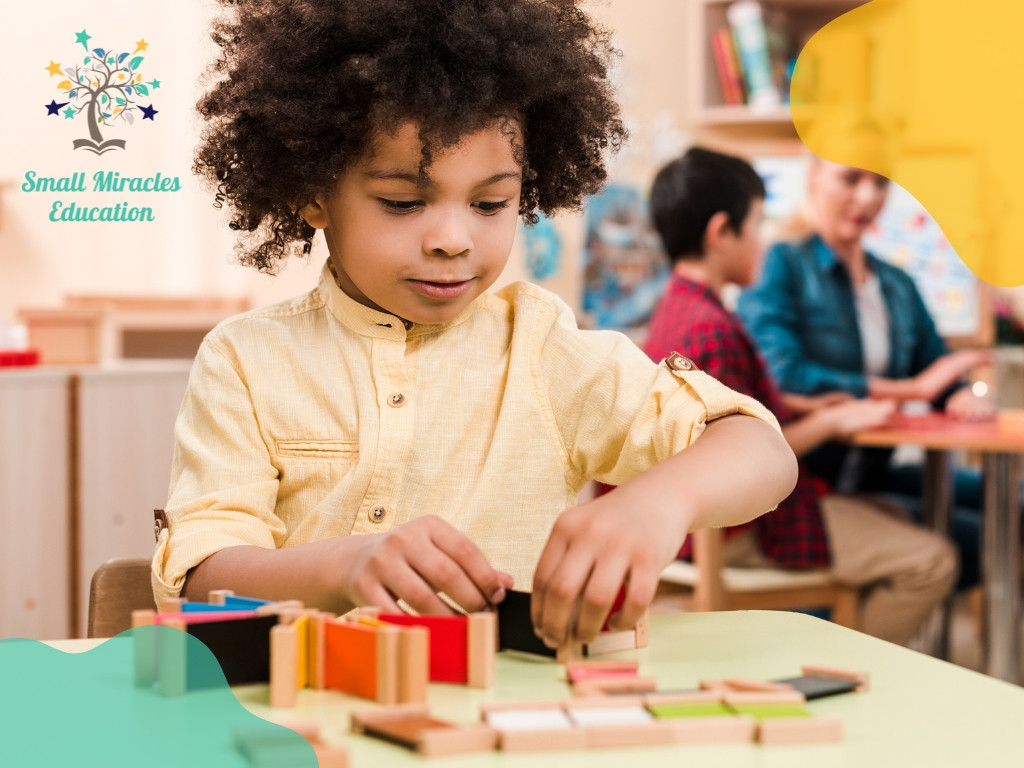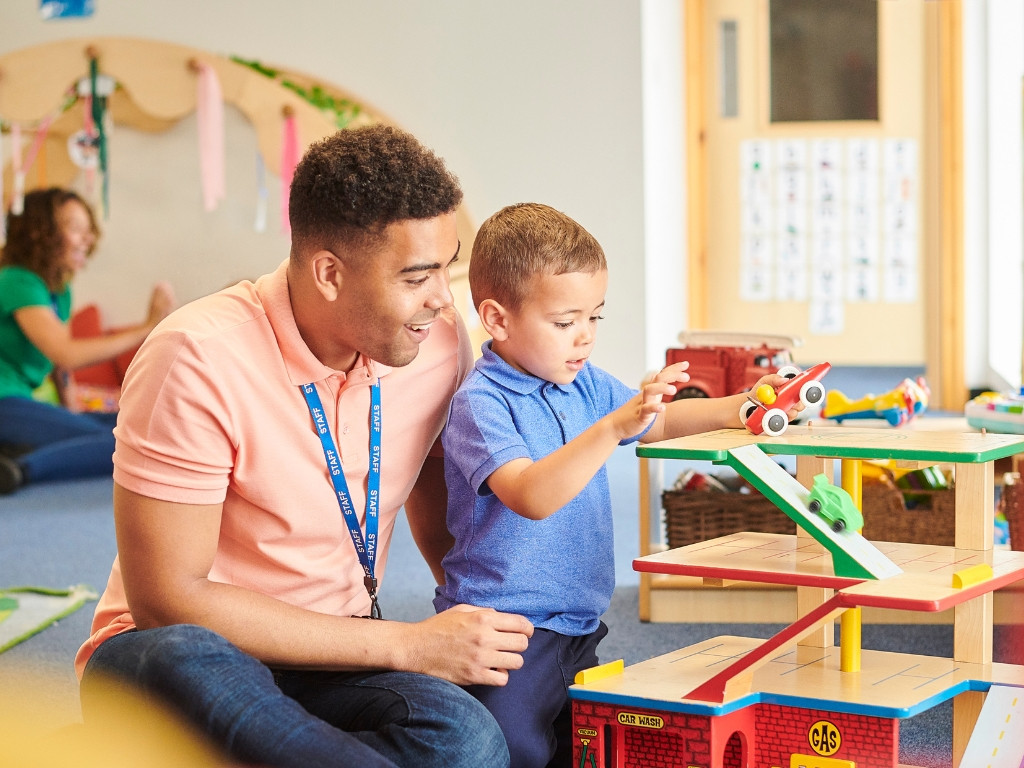Understanding Early Education: What Do Kids Learn in Preschool and Why It Matters?
Anthem, United States - March 28, 2025 / Quality Interactive Anthem Montessori /
What Do Kids Learn in Preschool? A Parent’s Guide from Quality Interactive Anthem School
Preschool is a critical time in a child’s development, laying the foundation for future learning. Parents often wonder, what do kids learn in preschool? The answer includes a mix of academic, social, and motor skills designed to prepare children for kindergarten and beyond. Quality Interactive Anthem School provides insight into what parents can expect from a strong early education program.
Early Literacy and Language Skills
Preschool introduces children to letters, sounds, and basic word recognition. Activities such as storytelling, singing, and group discussions help develop vocabulary and comprehension. Through these experiences, children learn to recognize letters, understand their sounds, and form connections between words and meanings.
Teachers also focus on communication skills by encouraging children to express their thoughts and listen to others. These foundational literacy skills support reading and writing development in later years.
Basic Math Concepts
Numbers and basic math concepts are key components of preschool education. Children learn to count, recognize numbers, and understand simple patterns and shapes. Hands-on activities such as sorting, measuring, and grouping objects help children grasp early math skills in a fun and engaging way.
By using real-world examples, preschool teachers introduce concepts like more vs. less, big vs. small, and simple addition or subtraction. This early exposure helps children feel comfortable with numbers before entering kindergarten.
Social and Emotional Development
A significant part of what kids learn in preschool involves developing social and emotional skills. Learning how to share, take turns, and interact with peers in a structured setting prepares children for future classroom experiences.
Teachers guide students in recognizing and managing their emotions, helping them understand concepts such as empathy and cooperation. Through group activities, children develop teamwork skills, patience, and the ability to follow instructions.
Fine and Gross Motor Skills
Physical development is another focus in preschool. Fine motor skills—such as holding a pencil, using scissors, and stacking blocks—are strengthened through arts, crafts, and play-based learning. These activities prepare children for writing and other tasks that require hand-eye coordination.
Gross motor skills, which involve larger movements like running, jumping, and balancing, are developed through outdoor play, music, and dance. Strengthening these skills helps children with coordination, physical confidence, and overall health.
Science and Exploration
Curiosity is encouraged in preschool through basic science activities. Children explore the world around them through hands-on experiments, nature walks, and discussions about weather, animals, and the environment.
Simple problem-solving activities teach children to ask questions, make predictions, and observe changes. This early exposure to scientific thinking fosters creativity and a love for learning.
Creative Expression
Art, music, and imaginative play play an important role in preschool education. These activities allow children to express themselves, build confidence, and develop their creativity.
Drawing, painting, and crafting help children practice decision-making and hand coordination. Music and movement activities encourage rhythm and self-expression, while pretend play helps children develop storytelling and problem-solving skills.
Independence and Responsibility
Preschool helps children gain independence by teaching them daily routines and personal responsibilities. Simple tasks like cleaning up after an activity, putting on their own shoes, or following a schedule build confidence and self-reliance.
Learning to follow instructions and complete tasks prepares children for the structured environment of kindergarten. Teachers encourage children to make choices, solve small problems, and develop a sense of responsibility for their actions.
Preparing for Kindergarten
A strong preschool program ensures children enter kindergarten with the skills needed for academic and social success. Understanding what kids learn in preschool helps parents support their child’s development at home and recognize the benefits of early education.
For parents seeking a well-rounded early education program, understanding these key learning areas can make a significant difference in their child’s readiness for kindergarten.
About Quality Interactive Anthem Montessori
Quality Interactive Anthem Montessori offers a child-centered, hands-on learning experience rooted in the Montessori method. With personalized instruction and a focus on social growth, the school helps students build essential skills for academic and personal success.

Contact Information:
Quality Interactive Anthem Montessori
3720 W Shadow Glen Way
Anthem, AZ 85086
United States
Morgan Miller
(623) 343-3388
https://smallmiraclesedu.com/quality-interactive-montessori-preschool-anthem/
Original Source: https://www.smallmiraclesedu.com/quality-interactive-montessori-preschool-anthem/#/media-room



